A top banking expert suggests that leaving France for other European countries could be the easiest way out for the country’s super-rich. This projection is a product of the anticipated policy changes that may follow the new power surge in the French political arena.

So, the French financial sector can be said to be walking on eggshells at the moment.
France’s Financial Prophet Raises the Alarm
France’s outgoing finance minister, Bruno Le Marie, also confirms the build-up of tension and uncertainties. The ensuing crisis comes after a hard-left coalition’s unprecedented success in the elections held earlier this month.

Le Maire suggests it won’t be farfetched to prepare for an economic meltdown in the country, all thanks to the unpredictability of policy changes around the corner.
National Assembly Elections and the President’s Policy-Wielding Ability
The French elections ended in a deadlock between three power blocs. However, it was still more of a victory for the previously obscure far-right National Rally of Marine Le Pen.

According to Bob Lyddon, a UK-based banking expert, the election result could mark the end of Emmanuel Macron’s policy of “controlling debt and public spending.”
The Beginning of Tough Times Ahead for France?
Pundits are already pointing to social manifestations of chaos as indicators of trouble ahead. Right after the elections, riot police were involved in a violent clash with left-wing demonstrators in the capital city of Paris.
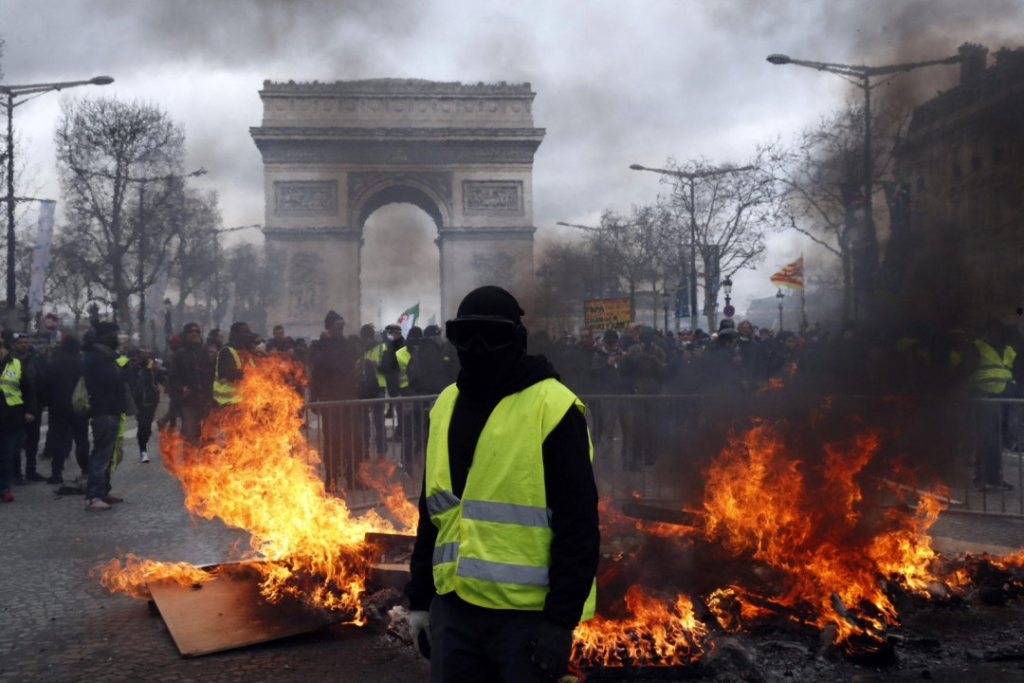
Jean-Luc Melenchon, a former presidential candidate, was the rallying point for the New Popular Front (NFP). If supported in forming a government, this coalition has promised to increase public spending by $161 billion.
ALSO READ: Experts Advise Women on How To Achieve ‘Financial Peace’
Operation ‘Milk the Rich Till They’re Dry’
In addition, Melenchon’s NFP is proposing an income-tailored tax regime. Specifically, they want people earning an annual income above $437,9960 in France to pay 90 percent tax.

However, Le Maire does not think such a policy would favor the national good. According to him, such a move may cost France losses of up to $322 billion.
French Economy Will Take a Serious Hit if Ill-Conceived Policies Are Made Law
In effect, Le Maire suggests that such spontaneous policies could result in investment flight, financial crisis, and a national economic decline.

Besides, France already has a 5.5 percent budget deficit to contend with, and it would be ill-advised to plunge the country into deeper economic woes. The Finance Minister said, “The most immediate risk is a financial crisis and France’s economic decline.”
Sounding the Alarm While Everyone Can Still Afford to Listen
Political opponents may perceive Le Maire’s warnings as being in the interest of his boss, Macron. Nonetheless, the Finance Minister tries to objectively lay out the potential outcome of the proposed policy changes.
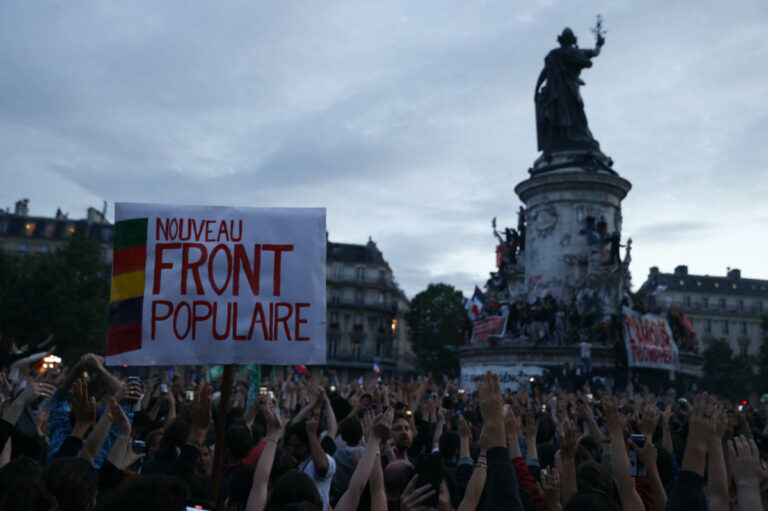
“The application of the New Popular Front’s disruptive programme would destroy the results of the policies that we have pursued for seven years…This project is exorbitant, ineffective and dated. Its legitimacy is weak and circumstantial. It must not be applied,” says Le Maire.
High-Income Earners Would Go the Way of Wealth Sustenance
Similar to the recent “shares dump” among American billionaires, wealthy French citizens have been considering the most viable options for self-preservation in anticipation of post-November policy changes.

Some financial analysts suggest that many French elites have considered moving to the likes of Spain, Switzerland, or Italy long before the recent elections. If the NFP succeeds in increasing tax as proposed, interest rates would likely follow in close stride.
France May Lose Its Standing in the European Union
Lyddon, who founded and runs Lyddon Consulting Service in London, said, “France has created a deadlock for itself, to add to the deadlock that is likely to emerge in the European Parliament.”
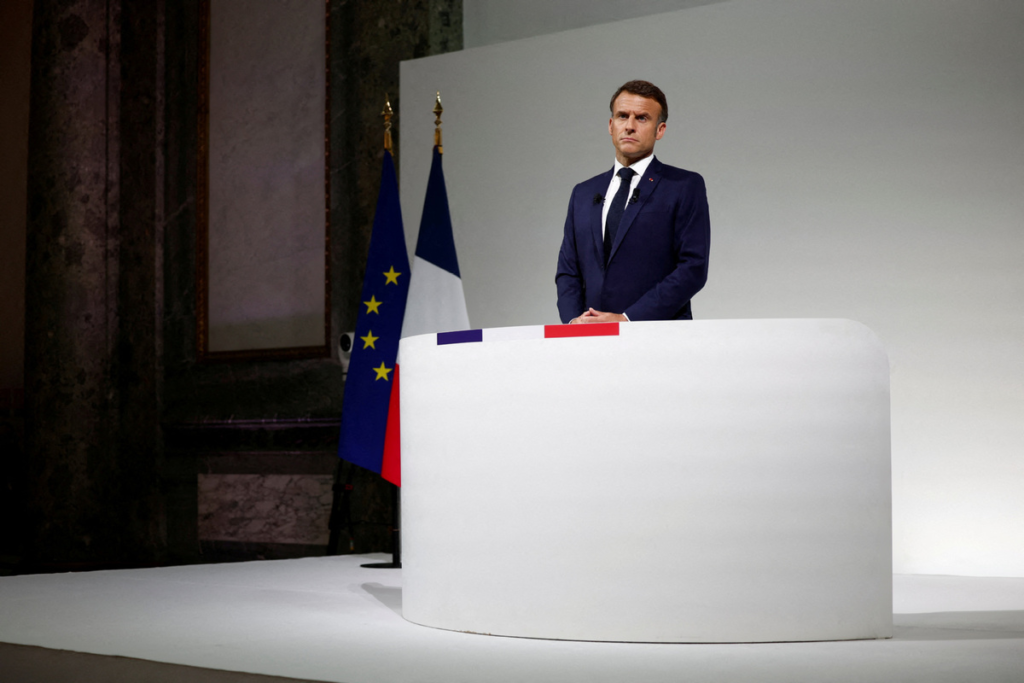
Lyddon says there are many uncertainties around what will economically become of France in the coming months, at least until Macron can call another election. However, it is almost certain that the President cannot proceed with debt and spending control.
Financial Commitments to the EU May Also Take a Hit
France’s financial responsibilities are burgeoning, and policies that may destabilize the country’s economic recovery will result in unrest. Unfortunately, such a financial crisis will not affect France alone but will inevitably spread its tentacles into the rest of Europe.

France has a €87 billion commitment to the euro bailout scheme and is indebted to the tune of €750 billion for the Coronavirus Recovery Fund.
Some Analysts Feel the NFPs are Toothless Dogs
However, unlike Le Maire, Lyddon cannot imagine the NFP’s proposals seeing the light of day. Other members of parliament are well-informed and understand the potential outcome of the NFP policies, but they are not likely to vote them in.
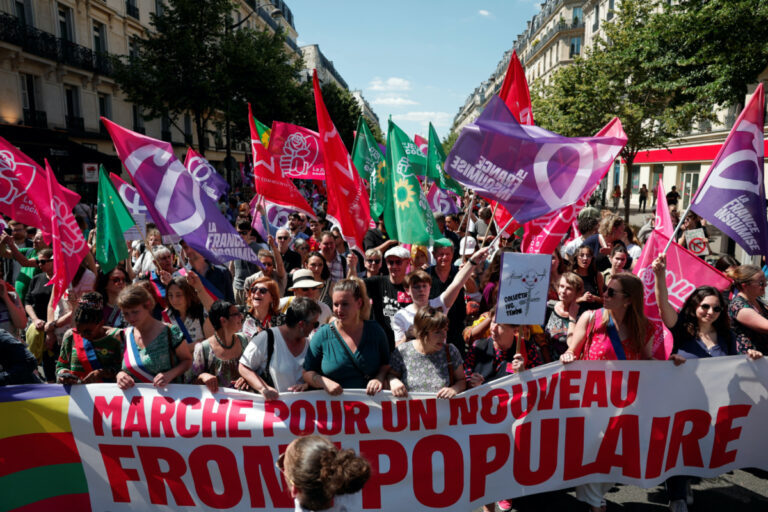
Jean-Eudes du Mesnil, a French union leader, said he doesn’t lose sleep over an NFP takeover. He said, “We’ll see whether they’re applied or not, but there are certain measures that are simply unthinkable.”
Emmanuel Macron’s Hands Are Tied by a Divided French Parliament
French Prime Minister Gabriel Attal briefly moved to resign after the elections, but Macron refused to give an accent, citing the Paris Olympics that start just a few days after.
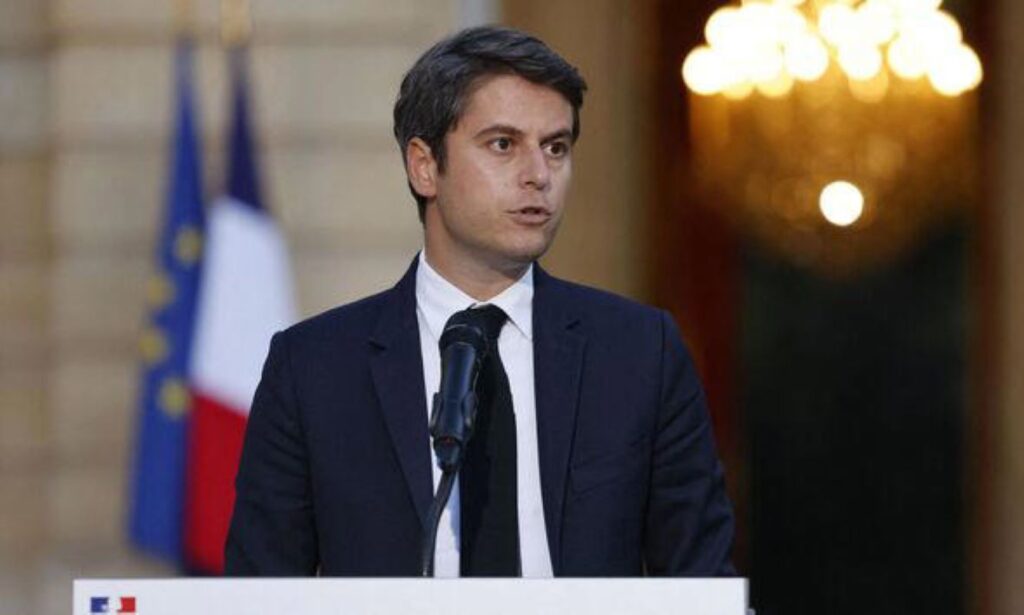
No party currently has a majority vote in the French National Assembly. The NFP won 183 seats, Macron’s Ensemble 163, and the National Rally 143 in the last elections. Passing bills may be a bit difficult for them going forward.
You Might Also Like:
Survey Reveals the Top 10 Companies With the Best Customer Service
What Is Leonardo DiCaprio’s Net Worth in 2024?
These 10 Cities Are Expected To See a Decline in Housing Value by the End of 2024
Medicaid Removes Over 340,000 Americans From Their Beneficiary List

